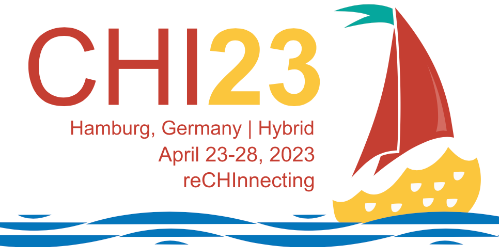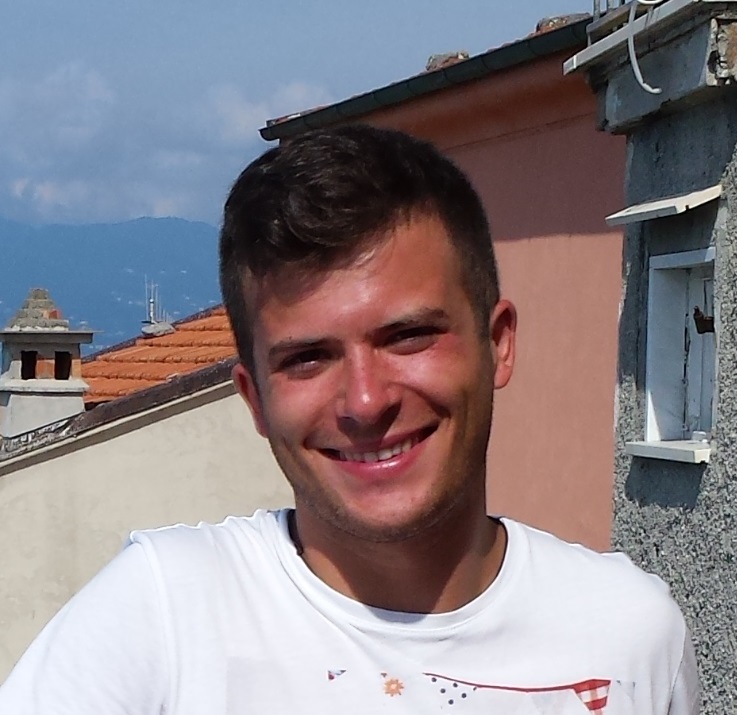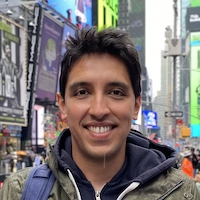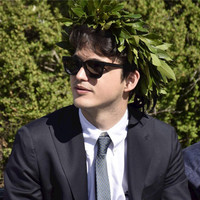Participation at ACM CHI 2023
We are happy to announce that we have one full paper and a Late-Breaking Work (LBW) accepted at ACM CHI 2023, the premier international conference of Human-Computer Interaction. CHI 2023 will be held next week (April 23-28) in Hamburg (Germany) and online.
Luigi, Alberto, Juan, and Tommaso will attend the conference in person. If you meet any of us, say "hello": we're always happy to chat! 😊
The paper is about digital wellbeing and attention-capture damaging patterns, while the LBW presents a first step towards better understanding creative coders' needs.

Defining and Identifying Attention Capture Deceptive Designs in Digital Interfaces
The paper "Defining and Identifying Attention Capture Deceptive Designs in Digital Interfaces" will be presented on Wednesday, 26 April at 11:10 (session: Digital Wellbeing). The work is a collaboration between the e-Lite group and the Human-Computer Interaction Lab at Santa Clara University, CA (USA).
In the paper, we conducted a systematic literature review for what we call 'attention capture damaging patterns' (ACDPs). We analyzed 43 papers to identify their characteristics, the psychological vulnerabilities they exploit, and their impact on digital wellbeing. We propose a definition of ACDPs and identify eleven common types, from Time Fog to Infinite Scroll. Our typology offers technologists and policymakers a common reference to advocate, design, and regulate against attentional harms.
Read the paper by following the links at the end of this news, and watch the 10-mins video presentation on YouTube (also, below)!
The Art of Creating Code-Based Artworks
The Late-Breaking Work, instead, "The Art of Creating Code-Based Artworks" will be discussed on Wednesday, 26 April at 10:30. This work stems from a collaboration with the Vrije Universiteit Amsterdam, and will be presented by all the authors.
This paper reports on an in-depth interview with 5 code artists with diverse backgrounds, levels of experience, and working on different code-based artistic expressions. Through their experience, we identified characteristics and commonalities in their development process, the tools they use, their sources of inspiration, and their expectations. Accordingly, we reflect on the particularities of Creative Coding, indicate commonalities with other domains, and suggest opportunities and challenges for HCI researchers and practitioners in proposing tools to support it better. Read it by following the links below!
Additional information:
- Defining and Identifying Attention Capture Deceptive Designs in Digital Interfaces by Alberto Monge Roffarello, Kai Lukoff, and Luigi De Russis
- The Art of Creating Code-Based Artworks by Mauricio Verano Merino, Juan Pablo Sáenz
- Full conference program



